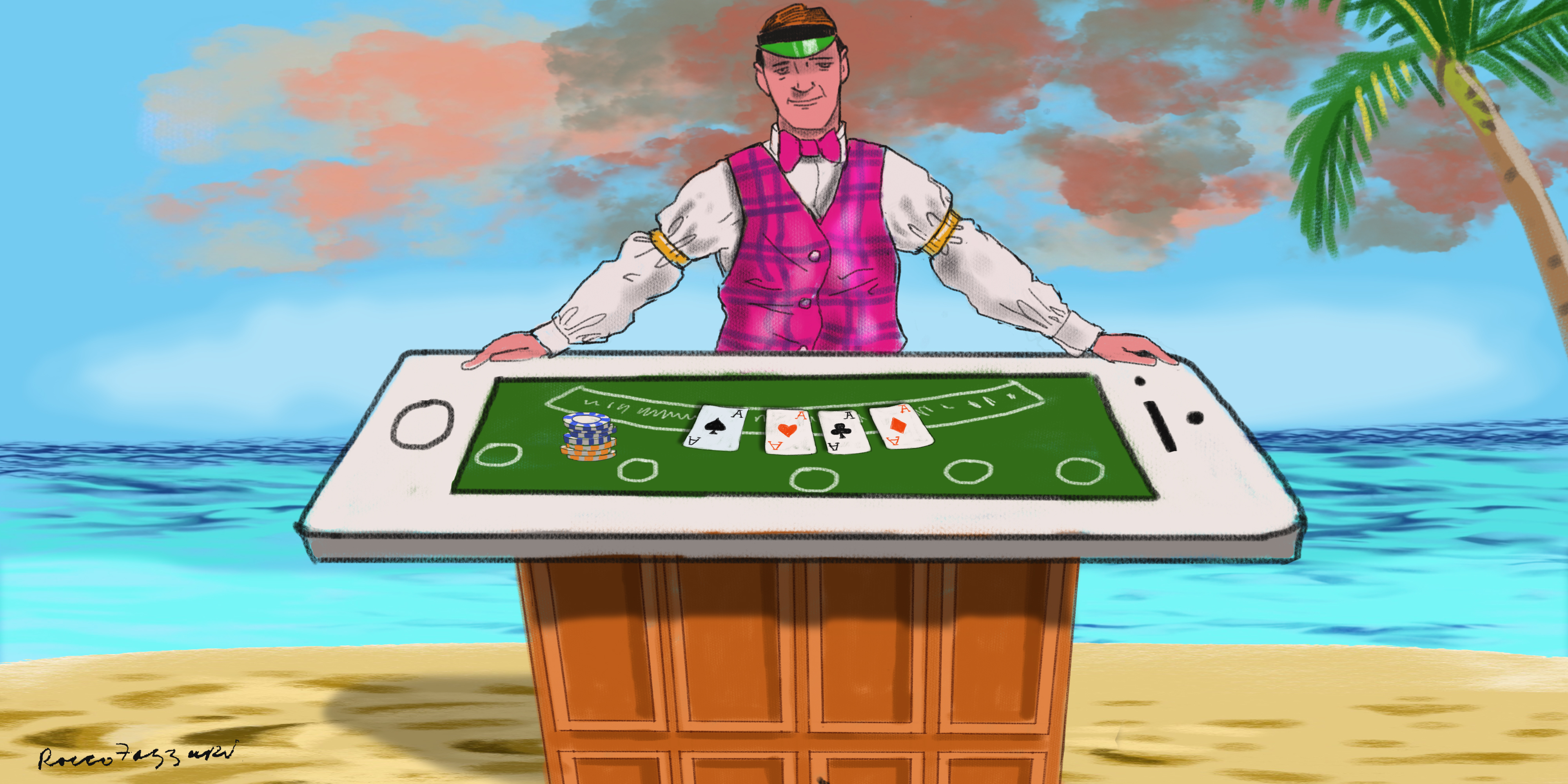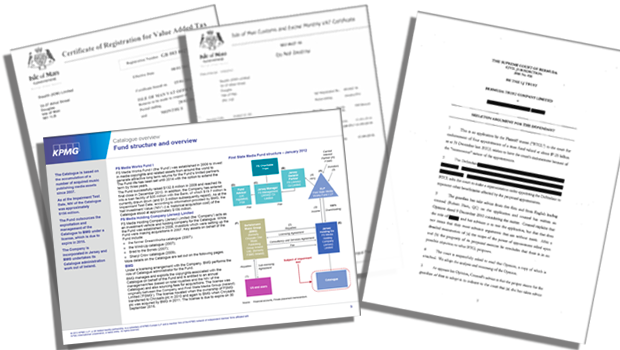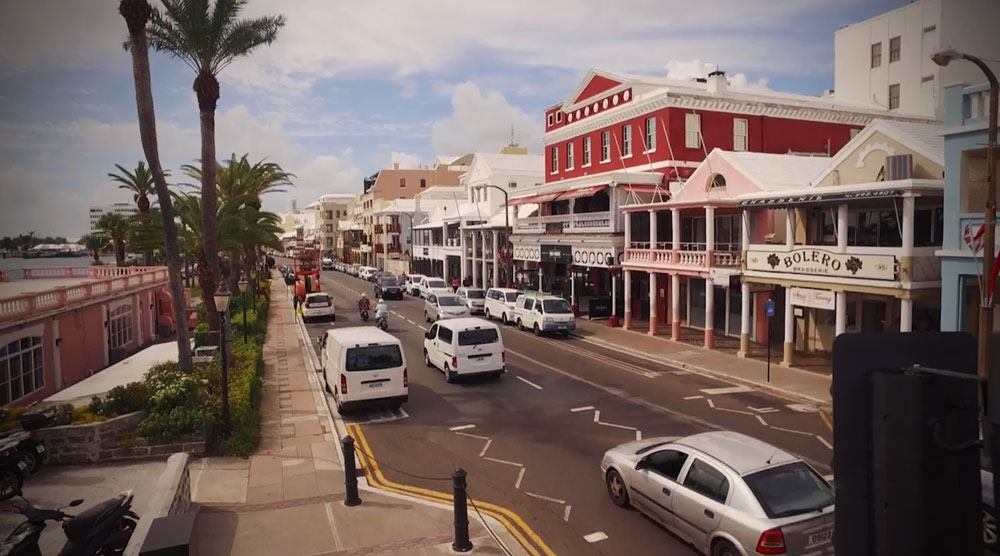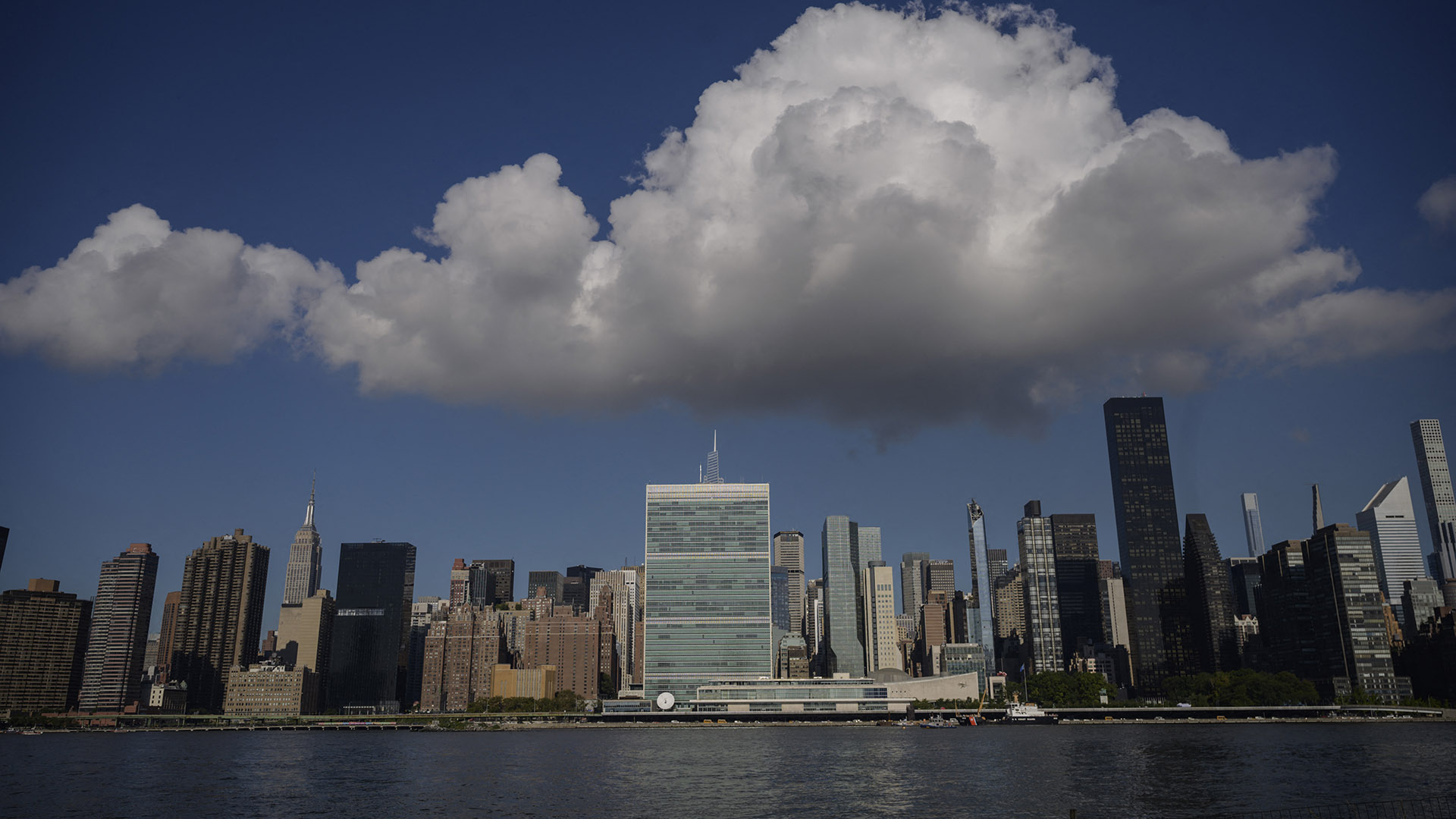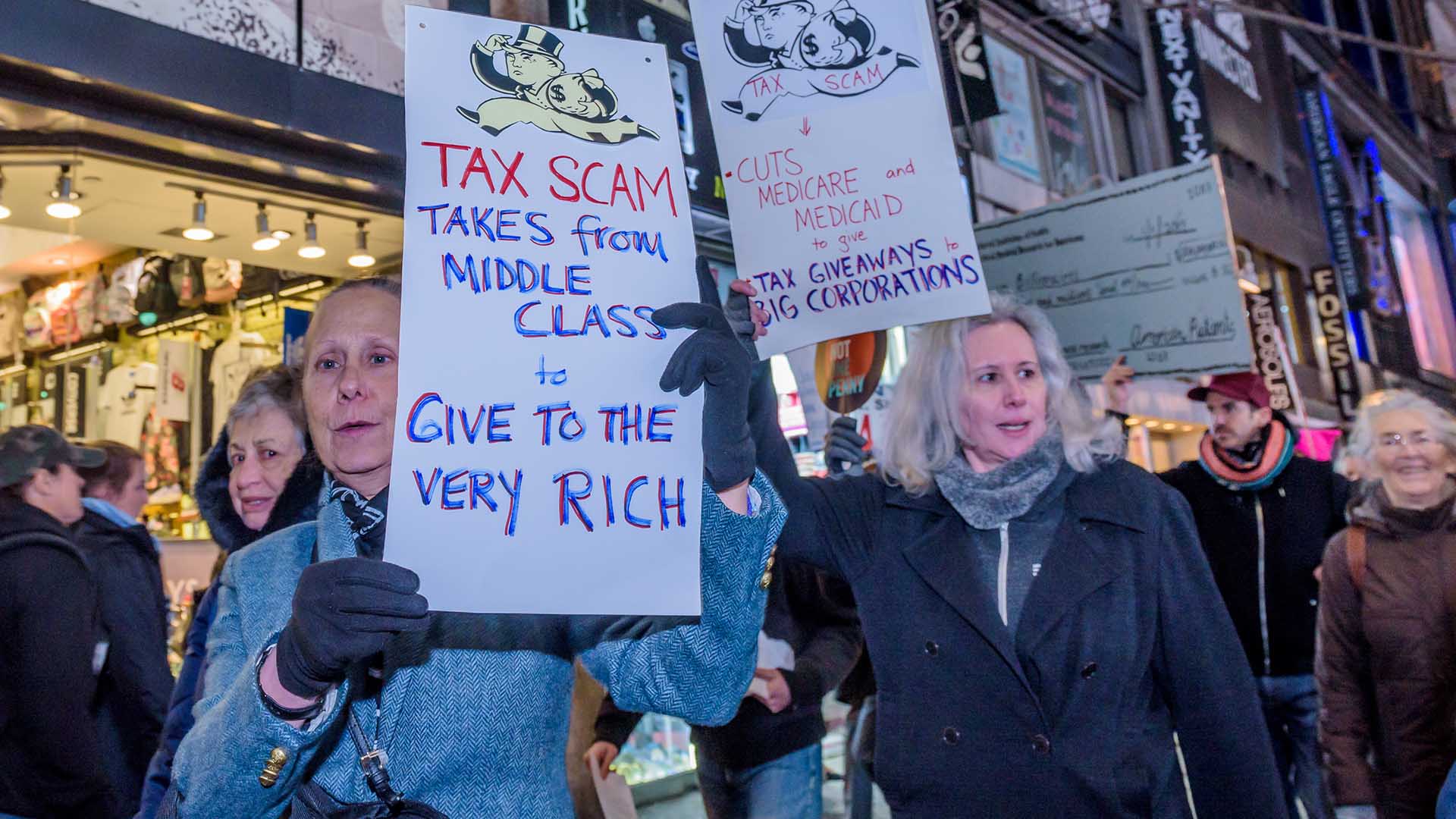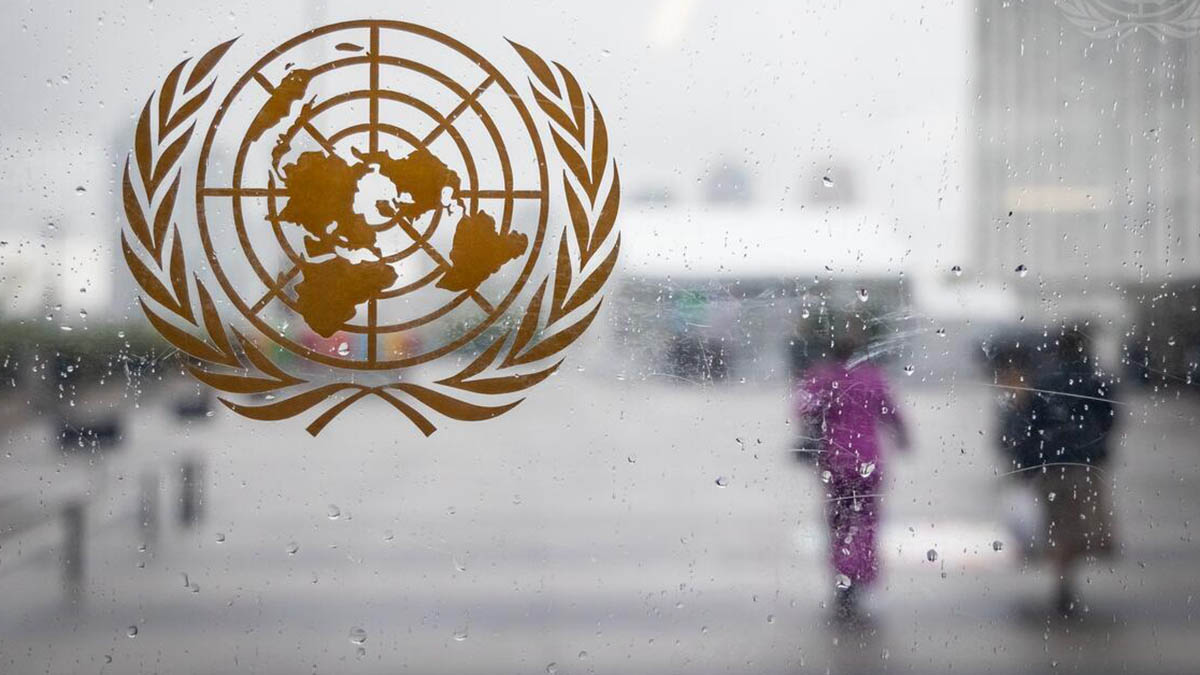In early 2010, the multibillion-dollar online gambling firm PokerStars was riding a spectacular winning streak. On busy days, close to 50,000 players flocked to its virtual card tables – about five times the number four years earlier and almost double the action at its nearest rival.
But behind the scenes trouble was brewing. A leaked email from offshore law firm Appleby reveals that lawyers in its Isle of Man office believed that the U.S. Justice Department could take action against PokerStars at any moment.
At PokerStars’ request, the law firm began researching offshore jurisdictions to determine which would be most likely to protect the business from U.S. seizure orders.
In a group email to five Appleby partners in other remote havens, a senior lawyer in the Isle of Man office asked: “What would be your courts’ likely view on a potential injunction made by the U.S. authorities [?]”
PokerStars’ dominance of online poker was built on a high-risk decision to continue catering to players in the United States – by far the world’s largest poker market – despite legislation enacted in 2006 creating a new federal offense “prohibiting gambling businesses from knowingly accepting payments” for an unlawful internet wager.

Prosecutors begin closing in
Many of PokerStars’ competitors closed their sites to U.S. players because of the legislation. That left the field open for PokerStarsand its founder, Isai Scheinberg, an Israeli-Canadian mathematician.
PokerStars informed its users that it had received “extensive expert advice” that the company could continue to offer online poker. Lawyers the firm turned to took the view that – unlike other forms of gambling – poker was not within the scope of the legislation. The Justice Department openly disagreed.
In any event, because PokerStars was run from the Isle of Man – a gambling-friendly tax haven midway between Great Britain and Ireland – there was, for several years, little U.S. authorities could do to stop the thriving site from doing business with American players.
By 2010, that was changing. The Justice Department had spent years hunting down and prosecuting those involved in processing U.S. payments for PokerStars and other offshore websites.
Eight months before the Appleby email, the prosecutors had frozen bank accounts containing at least $30 million in winnings owed to 27,000 U.S. players, many of them PokerStars customers. The Justice Department claimed that the accounts were controlled by a payment processor who had lied to or misled U.S. banks.
As Nick Verardi, who led Appleby’s Isle of Man corporate law practice, explained in an internal Appleby email in February 2010, seizure actions could soon spread outside the United States. “[T]he DoJ, may at its own discretion, attempt to take steps to seize any monies relating to online gambling conducted in the U.S,” he said.
This would be a blow to Appleby, too. PokerStars was one of its largest clients and had become a major player in the economy of the Isle of Man, where online gambling’s contribution to national income had more than doubled in two years, generating 9.1 percent of the total in 2010.
Looking for a safe haven
Reaching out to senior partners at Appleby offices in Hong Kong, the British Virgin Islands, Cayman Islands, Bermuda and Mauritius, Verardi wanted to know if they could provide advice that would help him identify the haven best able to shield PokerStars’ gambling money from potential action by the Justice Department.
Expanding on his query about how courts in other jurisdictions might react if the Justice Department secured an injunction, Verardi asked his colleagues: “Is international comity high on your jurisdiction’s agenda at the moment?” Comity is the principle that different jurisdictions will respect one another’s legal decisions.
The Appleby lawyer explained that PokerStars was pooling players’ money, reserved for payment of any winnings, in a single fund held in the Isle of Man. “As you can imagine the total amount runs [into] many millions of dollars.”
Black Friday
In the end, no plan was developed to transfer money to other parts of Appleby’s offshore network. In early 2011, the law firm did set up companies in the Isle of Man that PokerStars intended to use to segregate U.S. players’ funds.
But the effort was cut short before the money moved. In April 2011, the Justice Department intervened decisively, freezing funds around the world and forcing PokerStars out of the U.S. market. Key payment middlemen and top online poker industry executives – including PokerStars founder Scheinberg – were charged with illegal gambling offenses, money laundering conspiracy and conspiracy to commit bank fraud.
At the same time, in what became known in online poker circles as “Black Friday,” PokerStars.com and other leading sites shut down, their web pages displaying government seizure notices. Around the world, 75 bank accounts associated with the gambling firms were frozen, including Swiss accounts linked to PokerStars companies.
The Justice Department wanted PokerStars to forfeit $1.5 billion. Its founder faced charges that could send him to prison for up to 65 years.
The indictment set out details of an audacious conspiracy. According to U.S. prosecutors, Scheinberg and PokerStars managers engaged a handful of partners to process U.S. gambling money for use on PokerStars.com using false transaction codes and other means to deceive banks.
Prosecutors alleged that gambling money was fraudulently wired from fronts, including “non-existent online merchants purporting to sell” goods ranging from golf balls to pet food to jewelry. Some payment processors were also said to have disguised PokerStars’ dealings with U.S. players as payday loan transactions.
U.S. banks were allegedly involved, too. According to the Justice Department, payment processors used by PokerStars targeted small banks on the brink of collapse, promising large investments in exchange for illegally processing gambling money .
Despite these serious allegations, Appleby continued its business relationship with Pokerstars, Scheinberg and Scheinberg’s son, Mark, in whose name the business was owned. All have denied wrongdoing.
Two settlements and a sale
A little more than a year after Black Friday, PokerStars paid $547 million to settle the Justice Department’s civil claims , without admitting wrongdoing or liability. As part of the deal, it promised to never again take U.S. poker players’ money and to ensure that Isai Scheinberg – a fugitive from justice – was no longer directly involved in running the business.
Two years later, in 2014, PokerStars was sold to another gaming corporation, and Mark Scheinberg received $3.7 billion for his stake – more than 70 times the $50 million that he had paid as part of a separate settlement, which also included no admission of wrongdoing.
Of the 11 men – including PokerStars employees and payment processors – indicted in 2011, 10 pleaded guilty to at least one of the offenses with which they were charged. The exception was Isai Scheinberg, who remains at large.
Contacted by the ICIJ, Appleby declined to respond on the record to specific questions, in part, the law firm said, because it did not want to breach the duty of confidentiality owed to PokerStars and the Scheinbergs.
Although a hero to many U.S. poker players, Isai Scheinberg has always shunned media attention, and not much is known about him. The former IBM employee was born in Eretz Israel (the Land of Israel), before independence, and he grew up in Lithuania. He received a master’s degree in mathematics from Moscow State University and served in the Israeli Defenses Forces before settling in Canada, where he turned his love of poker into the world’s most successful online card room.
Scheinberg told the ICIJ that there had never been a conspiracy “to hide or conceal any of PokerStars’ activity”. He also said the website had never been involved in lying to banks and that he and his son denied any allegations of impropriety or wrongdoing.
“PokerStars has always acted in a legal and transparent manner, including in connection with its dealing with financial institutions,” Scheinberg said.
For the last six years, Scheinberg has lived in a secluded, multimillion-dollar mansion on the Isle of Man, from which the U.S. Justice Department has been unable to extradite him. He can often be seen walking his dog.
Appleby files identify Mark Scheinberg – reportedly the Isle of Man’s wealthiest resident – as the owner of his father’s home.
